We are living in a time of transformative change. We believe that the only way to change a system is through building a new one that can meet people’s needs at a higher level. There are many people working to create change; whether they are strong communities, alternative institutions, popular movements, training programs, and others.
A note from Herbstalk... We are very excited to partner with the inspirational, world-changing Ayni Institute. At this year's Herbstalk event we will host a film screening of their new documentary, 'Voices That Heal', which features the healing practices, cosmovision and native languages of indigenous communities of the Peruvian rainforest. Read on to learn more about their important work and how you can get involved... submitted by Fhatima Paulino The Ayni Institute began as a coaching, training and incubating institute for organizations, movement builders and community organizing leaders. In collaboration with others, we have done trainings such as The Psychology of Organizing, Momentum (the science of popular movements), SWARM (decentralized organization), the Long View (10,000 years of history in six days), and Social Movement Ecology (about the deep conflict that prevents movement collaboration). We have also deeply supported Movimiento Cosecha and have been tracking the lessons that this groundbreaking movement is producing; including how to build a decentralized network and how to bring millions of people into a general strike in the 21st century. 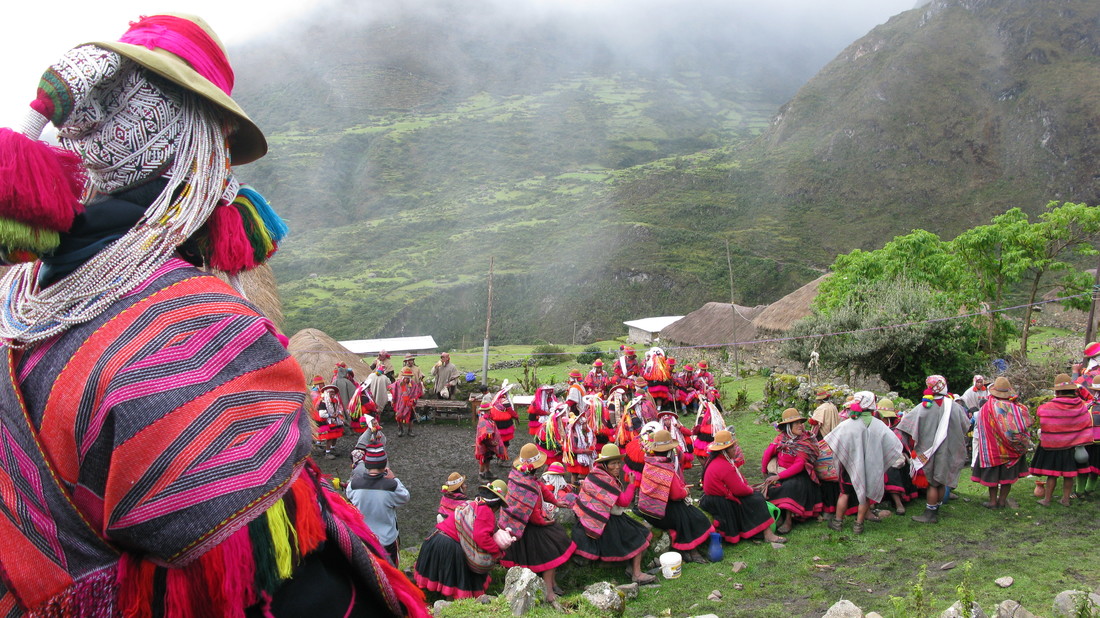
After the first Long View training in 2015, we began the Memory Fund & Program to support artists and communities that are working towards keeping alive the history and wisdom of indigenous traditions. Our first project is The Mysteries of the Andes, a 9-documentary series by Director Jose Huaman Turpo and Producer Alejandrina Calancha. Their vision is to preserve the ancestral traditions of indigenous groups in the Andes and Amazons of Peru from a holistic perspective, which means that those communities share their stories, their culture, and their wisdom through their own voices.
This year, for the first time, we’re bringing together our teachers and elders from the Andes and Amazon of Peru for our Yachay (Wisdom) Seminar on April 19th-21st at Boston University. We’re hosting an intercultural dialogue between the indigenous world in the South and us in the West. For three days, our guests will be sharing their lifelong wisdom on the Amazon Rainforest and the Andes. Together, we will cover topics related to storytelling, art, healing practices, and so much more. It will be a one-of-a-kind opportunity to be guided by and learn from indigenous voices of Peru. We honor our ancestors by remembering the wisdom of life, to nurture communities towards a reciprocal world.
We will also be premiering the next film of The Mysteries of the Andes documentary series: Voices That Heal on Saturday, April 21st at 5:30pm. This documentary is about the healing practices, the cosmovision, and the four native languages that are on the verge of extinction in the rainforests of Peru. One of our guests, Alberto Manqueriapa, is featured in the documentary and will be sharing about healing practices and medicinal plants of the Amazon during our Seminar.
You can purchase your ticket, which will guarantee you entrance to all three days of the Yachay Seminar and the premiere of Voices That Heal, by clicking here. We are selling our tickets based on scale, so you can give according to your financial capabilities. We feel honored to be able to be a bridge between two cultures and to bring the lessons we’ve been learning to a bigger community in Boston. You can visit our website to find out more about our guests and the seminar: ayni.institute/seminar 
Fhatima Paulino is the daughter of immigrants from the Philippines and Mexico. Since 2017 she has been Co-Coordinator of the Memory Program at the Ayni Institute. Before joining Ayni, Fhatima was a community organizer in the PICO National Network and then a full-time volunteer with the Cosecha Movement. She's a lovable organizing handy woman with a focus on training, coaching, conflict resolution, and healing. These past years have blessed her with a life of voluntary simplicity while traveling across the country to germinate and grow Cosecha and Ayni's Memory Program. Fhatima is currently finding her way back to her creativity through writing, food, meditation, movement, and loved ones. Hear more on the Healing Justice Podcast at www.healingjustice.org
Welcome back to our ongoing series of Herbs of the Enneagram! If you missed the first post on Type 1 for Blue Vervain you can read it here. 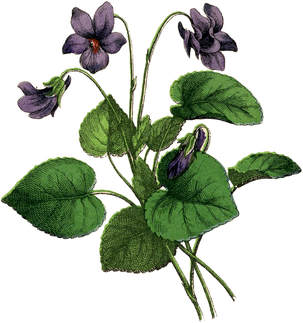 Violet for Type 2, The Helper The common Violet (Viola sororia) is delicate but strong, abundant, casting a deep purple carpet upon springtime lawns and gardens. With its heart-shaped leaves this is the plant that represents Type 2 in the Enneagram — the Helper/Giver who needs to give to thrive, but also needs appreciation to flower themselves. They tend to hide their inner selves while giving their maternal wealth to others. The violet is unique as it has two flowering stages, the more obvious showy flowers of early spring and the small hidden flowers of fall (these latter flowers are the ones that actually produce the seed of the plant.) This two-stage process is botanically unique and few flowers claim this special distinction. Violets also have runners that spread easily, as our lawns attest to. It’s hard not to notice them! Likewise, Type 2’s can be quite assertive when it comes to giving and spreading their abundance. They are excellent hosts & hostesses and their honey personalities sweeten whatever they touch. 2’s, however, cloak their own needs and do everything possible to not show their “neediness,” not realizing that everyone is needy. We are all interdependent upon others and the earth, water and air that nurtures us. 2’s protect themselves by over-giving to others, sometimes without welcome. Being the giver can be a controlling position, while the receiver might be more connected to their vulnerability, risking being hurt or mis-given to while in a “need” position. 2’s would rather be givers who manage the situation, but they equally need to learn to be on the receiving end and be more defenseless. They need help and support, too, like all of us. Type 2’s certainly are beautiful, adorning themselves with color and attractive scents. They can be like seductive goddesses and gods, wanting their allure to magnetize others to their offerings and gifts. 2’s can tune into what you need and offer your wildest desires to be met. However, if you reject or don’t receive their gifts, they can get angry! Sometimes your independence can be squelched with a 2. 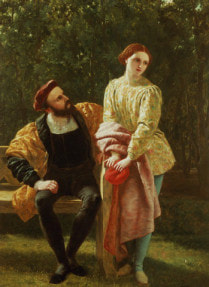 Viola and the Duke Viola and the Duke Shakespeare gives us many references to Violet. Here are the opening lines of Sonnet 99: The forward violet thus did I chide: Sweet thief, whence didst thou steal thy sweet that smells, If not from my love’s breath? Shakespeare named the leading lady of Twelfth Night after this herb, and like the flower, Viola hides her beauty in plain sight, posing as a boy and falling in love with the Duke she serves. Violet is a bridge between the world of the 2’s outer sweetness and their inner shyness, risking whether to reveal their needs or not. The Giver is strong in generosity to others but not always to themselves. Violet shows 2’s how to balance their inner and outer worlds and gives strength to support time alone to nurture one’s self and discover their own self-love. Herbalist Asia Suler writes of the flower essence: “Violet essence opens a space of deep self-acceptance, contentment, and individual wellbeing. Calming, steadying, and maternal, this unassuming, yet sweetly robust flower helps you to feel comfortable and supportive of yourself as an individual. Letting go of negative attachments and patterns of relating (especially to oneself) Violet helps you to foster good connections that come from a deep recognition of self-importance.” Violet is associated with the skin, breasts and glands, all elements of nurturing and giving. Drinking or taking Violet in its many forms, balances over-giving to others. Eating its beautifully contrasting dark green, heart-shaped leaves and its richly delicate saturated flowers, is also a remedy. The plant is traditionally used for soothing coughs and sore throats — with this affinity for the throat & voice it can help 2’s speak up about their own true needs. Violet symbolizes both the giver and the receiver, showing us that at its core giving and receiving are exactly the same -- for we are all in relationship with -- and interdependent upon -- one another. References: https://feedingthemuse.net/botanical-lore/violet/ https://onewillowapothecaries.com/product/violet/
|
Archives
November 2023
Categories
All
|
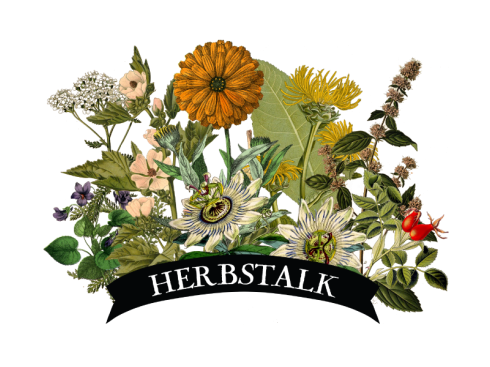
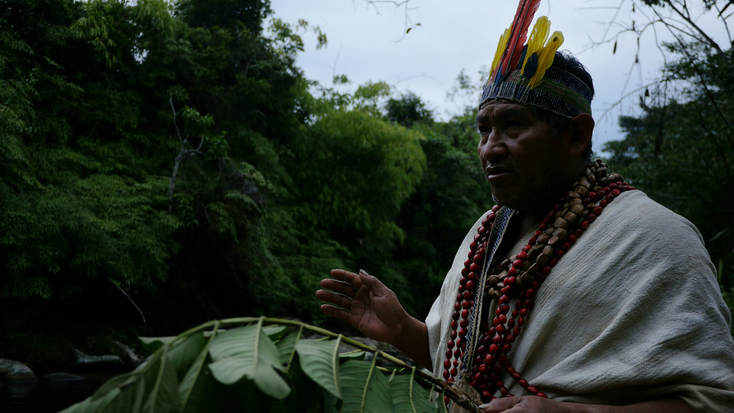
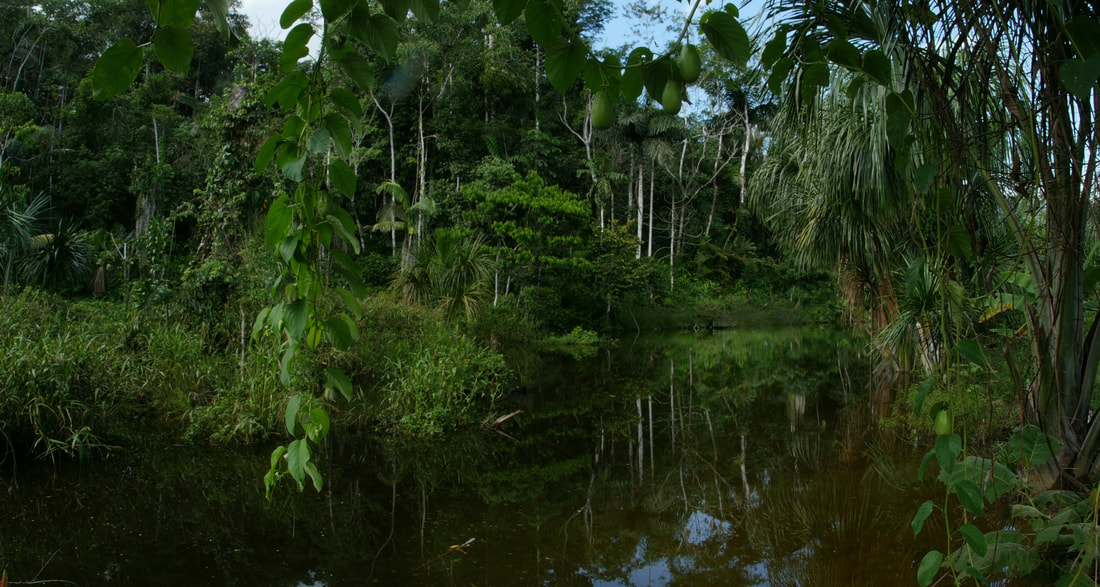
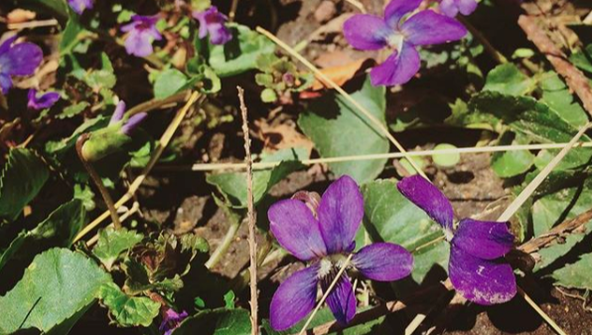
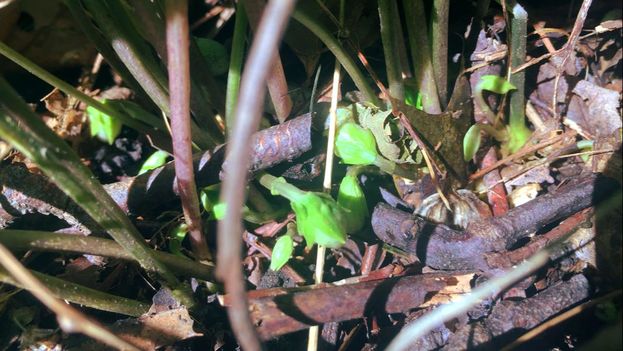
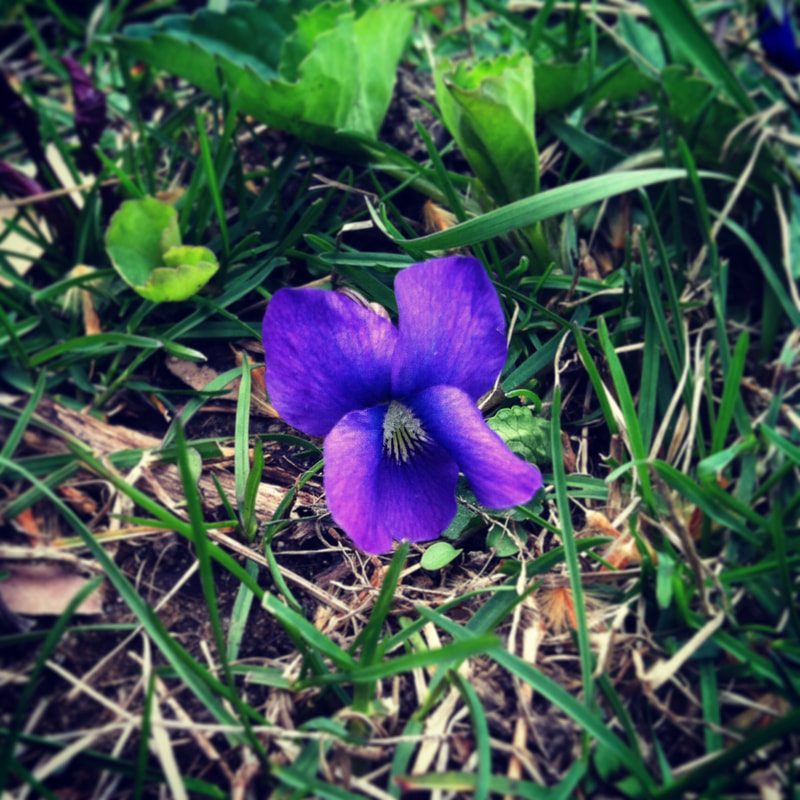
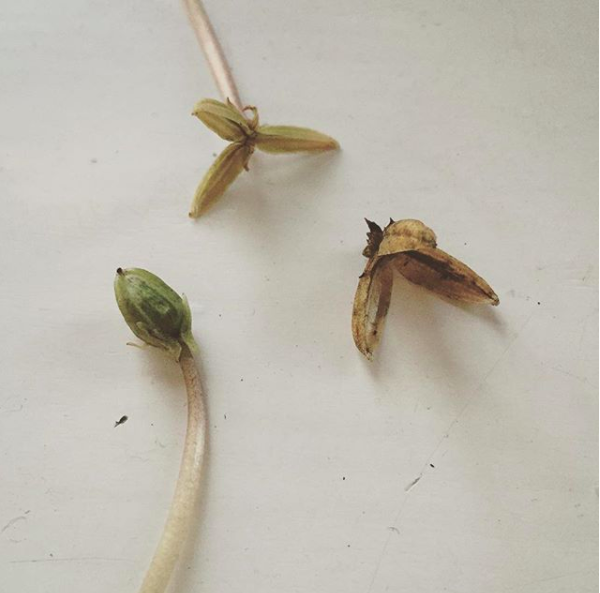

 RSS Feed
RSS Feed